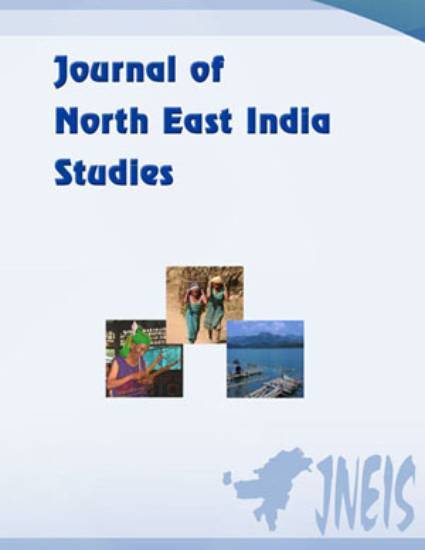
Article
The Legacy of Colonial Governmentality in Nagaland
Journal of North East India Studies
(2017)
Abstract
Tension continues to simmer in Nagaland over the 33 per cent reservation of seats for women in urban local bodies. The traditionalist Naga Hoho, an apex Naga body opposed to women reservation, argues that no law can be imposed upon the Nagas which affects their customary local self-governance as guaranteed by the Constitution. About 160 years ago a new form of colonial governmentality emerged as a response to the Sepoy Munity of 1857 in India. It began as a policy of non-interference particularly on the custom and religion of the colonized subjects by bifurcating civil and customary law. As against the initial civilizing project of the colonialist which had threatened the natives’ customs and traditions, this form of rule intended to preserve it through indirect rule. There was a reversal in the colonial mission - from civilization to preservation and from integration to protection. As pointed out by Mahmood Mamdani, the native in due course of time became tribal and tribalism was looked upon as ‘culture in fixity’, politicised, so that it becomes ‘part of nature, fixed and unchanging’. There was, thus, the emergence of legal dualism - ordinary and customary law, and every policy began to be framed on a binary – British subject and the tribal.
Keywords
- Nagaland,
- Governmentality,
- Women
Disciplines
Publication Date
Summer July 31, 2017
DOI
http://dx.doi.org/10.2139/ssrn.1621515
Citation Information
Haokip, Thongkholal, The Legacy of Colonial Governmentality in Nagaland. Journal of North East India Studies, 7(1): i-iii. Available at http://dx.doi.org/10.2139/ssrn.1621515
